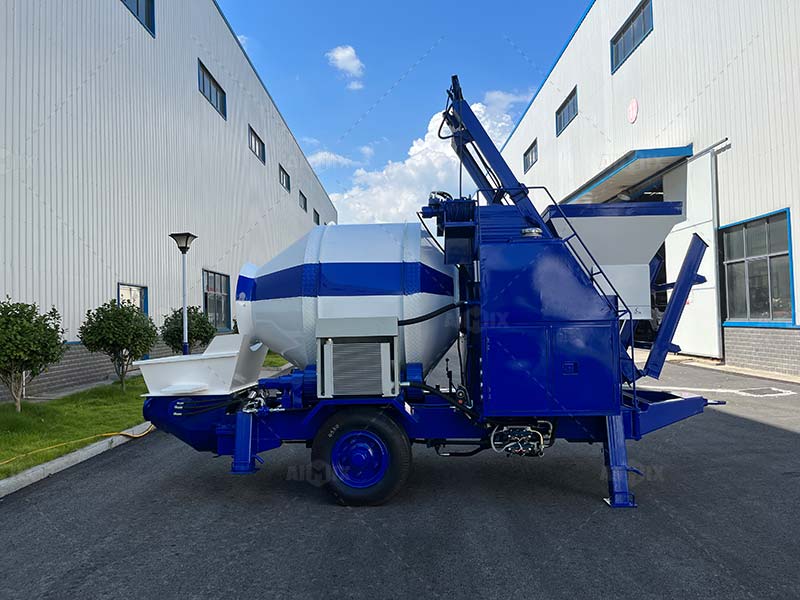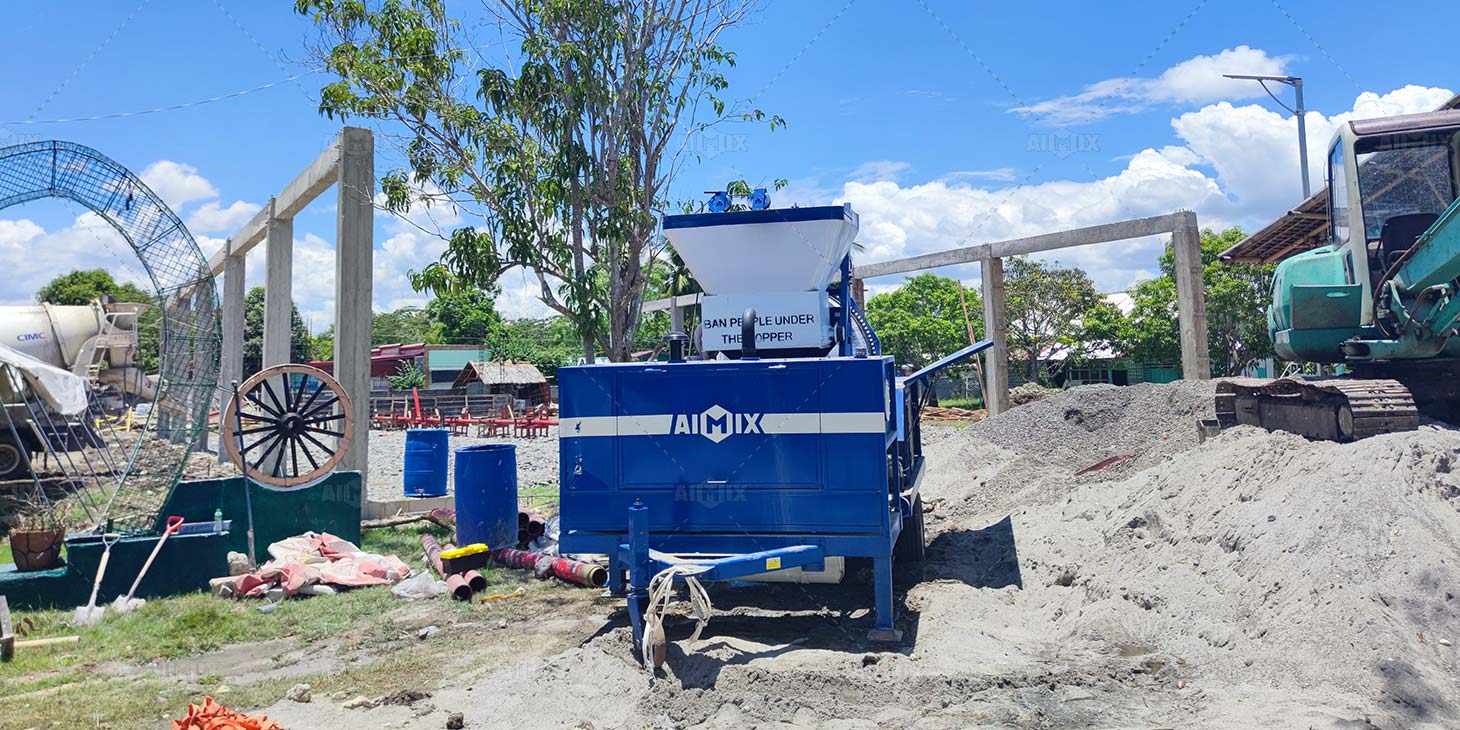Concrete pumps play a pivotal role in modern construction projects, revolutionizing the efficiency and economics of concrete placement. From high-rise buildings to infrastructure projects, the choice of a concrete pumping machine for sale can significantly impact both short-term expenses and long-term profitability.
Introduction
In the realm of construction, the use of concrete pumps has become indispensable. These machines not only streamline the process of pouring concrete but also enhance the precision and speed of construction activities. By eliminating the need for manual labor-intensive methods like wheelbarrows or cranes, concrete pumps ensure that concrete is delivered precisely where it’s needed, minimizing waste and optimizing project timelines.
Concrete pumps offer a compelling case from an economic standpoint. Beyond their initial cost, understanding the long-term financial implications of investing in these machines is crucial for project managers and contractors alike.

Factors Influencing Cost Analysis
When evaluating the cost of concrete pumps for sale, several key factors come into play, each contributing to the overall financial feasibility of the investment.
Initial Purchase Cost
The upfront expenditure on a concrete pump varies significantly based on several factors, primarily determined by the type and capacity of the pump. Larger ones capable of higher output volumes generally come at a higher concrete mixer pump price point than smaller, more compact models. Additionally, considerations such as brand reputation and manufacturer warranties can influence initial costs. Choosing a reputable brand often ensures better reliability and performance over time, potentially reducing maintenance expenses and downtime.
Operational Costs
Beyond the initial purchase, operational costs form a critical component of the overall cost analysis. These costs encompass ongoing expenses such as fuel consumption, maintenance, and repairs. Fuel efficiency is a key consideration, especially for projects requiring continuous operation over extended periods. Regular maintenance is essential to ensure optimal performance and longevity of the pump, thereby minimizing unexpected repair costs and downtime that could impact project schedules. You can choose AIMIX concrete pump due to its long service life.
Long-term Financial Benefits
While the upfront costs and operational expenses of concrete pumps require careful consideration, the long-term financial benefits often outweigh these initial investments.
Concrete pumps contribute significantly to project efficiency, reducing the time required for concrete placement and ensuring a smoother workflow. This efficiency translates into tangible savings on labor costs, as fewer workers are needed to handle concrete manually. Moreover, by delivering concrete directly to the point of placement, these pumps minimize material waste, further enhancing cost-effectiveness and environmental sustainability.
In conclusion, while the decision to invest in a concrete pump involves evaluating various costs and benefits, its potential to streamline operations, enhance efficiency, and reduce overall project expenses makes it a worthwhile investment for any construction endeavor. By conducting a thorough cost analysis that considers both immediate financial outlays and long-term returns, construction professionals can make informed decisions that positively impact project timelines and profitability. Whether for large-scale commercial projects or smaller residential constructions, the economic advantages of concrete pumps underscore their indispensable role in modern construction practices.

